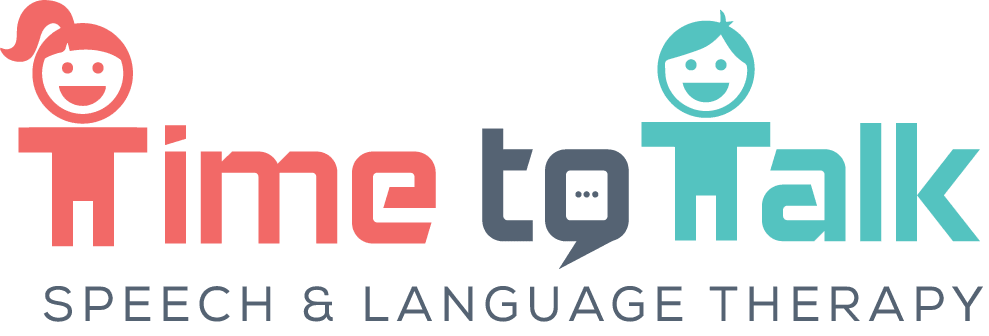FAQ
Frequently Asked Questions
When we talk about ‘speech’ we mean how clearly and easily a child uses speech sounds in their talking.
We often talk about children having ‘unclear speech’ or ‘delayed speech sound development’. Children with speech difficulties are often hard for the people around them to understand. This can become incredibly frustrating, upsetting and isolating for the child with speech difficulties, as they are unable to clearly convey their needs, wants and ideas. This can result in challenging behaviour, low self-esteem and difficulties making and keeping friends. There is evidence that young children with speech sound difficulties can often go on to struggle with learning to read and write if the speech difficulties are not resolved adequately.
When we talk about ‘language’ we mean the words that a person is able to use and understand, as opposed to individual sounds.
Children can have trouble understanding and using language for countless different reasons including language delay, developmental language disorder, specific and general learning difficulties, brain injury and Autistic Spectrum Condition (ASC).
Language difficulties can act as a huge barrier to lots of things most people take for granted such as communication with others, the quality of friendships and family relationships, the ability to make friendships and build relationships in the first place, the ability to access learning and enjoyable activities like play, reading and watching films. Just like with children with speech difficulties, children with language difficulties can experience frustration and feelings of isolation. The fact that they don’t understand what is going on around them can lead them to feel incredibly anxious and insecure as they often have no idea what’s happening next either at school or at home. As with speech, early intervention for children with language difficulties is a key factor in achieving the best outcomes for the child.
At Time to Talk we are committed to being able to offer appointments to children and adults who need speech and language therapy within a week or two of when they first make contact with us. We don’t want to keep anybody waiting. Early intervention has been clinically proven to significantly affect how good the outcome is when treating speech, language and communication difficulties.
A speech and language therapy assessment can last up to 1.5 hours (2.5 hours in particularly complex cases). We are specially trained to make our assessments fun, engaging and non-threatening for children and we try wherever possible to avoid very formal, medical style assessments. We always favour play based, fun assessment activities as we want to see what the child is able to do in the most natural conditions possible.
Within the assessment many of the following may take place:
• Parental interview.
• Observation of the child at play.
• Informal, play-based assessment.
• Formal assessment.
• Feedback on exactly what the child’s difficulties are, where the child’s communication skills fit in relation to developmental norms and how therapy could help.
• Strategies and ideas for the family to get going with to start developing communication skills as soon as they get home from the clinic. We may even have ideas for you to try on the car journey home!
This varies a huge amount from child to child depending on what the issue is. This depends on several factors:
• The nature of your child’s difficulties
• Your child’s response to and readiness for the treatment
• The frequency of homework carried out at home
Your speech and language therapist will continually review your child’s progress and will discuss with you the level of input required.
Yes, definitely. We offer rapid assessment slots and are happy to offer interim advice or therapy until you get an appointment within the HSE or we may be able to sort the problem before your appointment comes through in some cases.
All treatment charges are to current published independent guidelines and nothing is planned without agreement. Therapy can cease at anytime. Insurance companies may refund the cost of the therapy sessions.
We can offer training packages and specialist support to mainstream schools. We can liaise with any or all professionals who need to be involved.
Don’t worry it could be part of a normal phase but we can assess and intervene if required.If your child has been stuttering for a few months and you are unsure if the stuttering is becoming a problem. There may be some things you can look out for which may indicate that your child will need support of a speech & language therapist. Use our quick screener below to check for yourself.
This is very typical, however, it may affect him at school both with reading and making him the target for teasing/bullying. We can arrange a very simple programme to help this, which can have quite fast results in most cases.
If your child has any of the difficulties listed below then they would benefit from attending speech and language therapy sessions;
- Using single words
- Speech that is hard to understand
- Difficulties with combining words
- Difficulties with initiating a conversation
- Trouble engaging with others
- Inability to follow instructions
- Limited play skills
- Inability to memorize and recall stories
- Frustration when asked to talk
- Difficulties with copying sounds
- Limited vocabulary for their age
- Difficulties with fluency
- Inability to speak in certain situations
